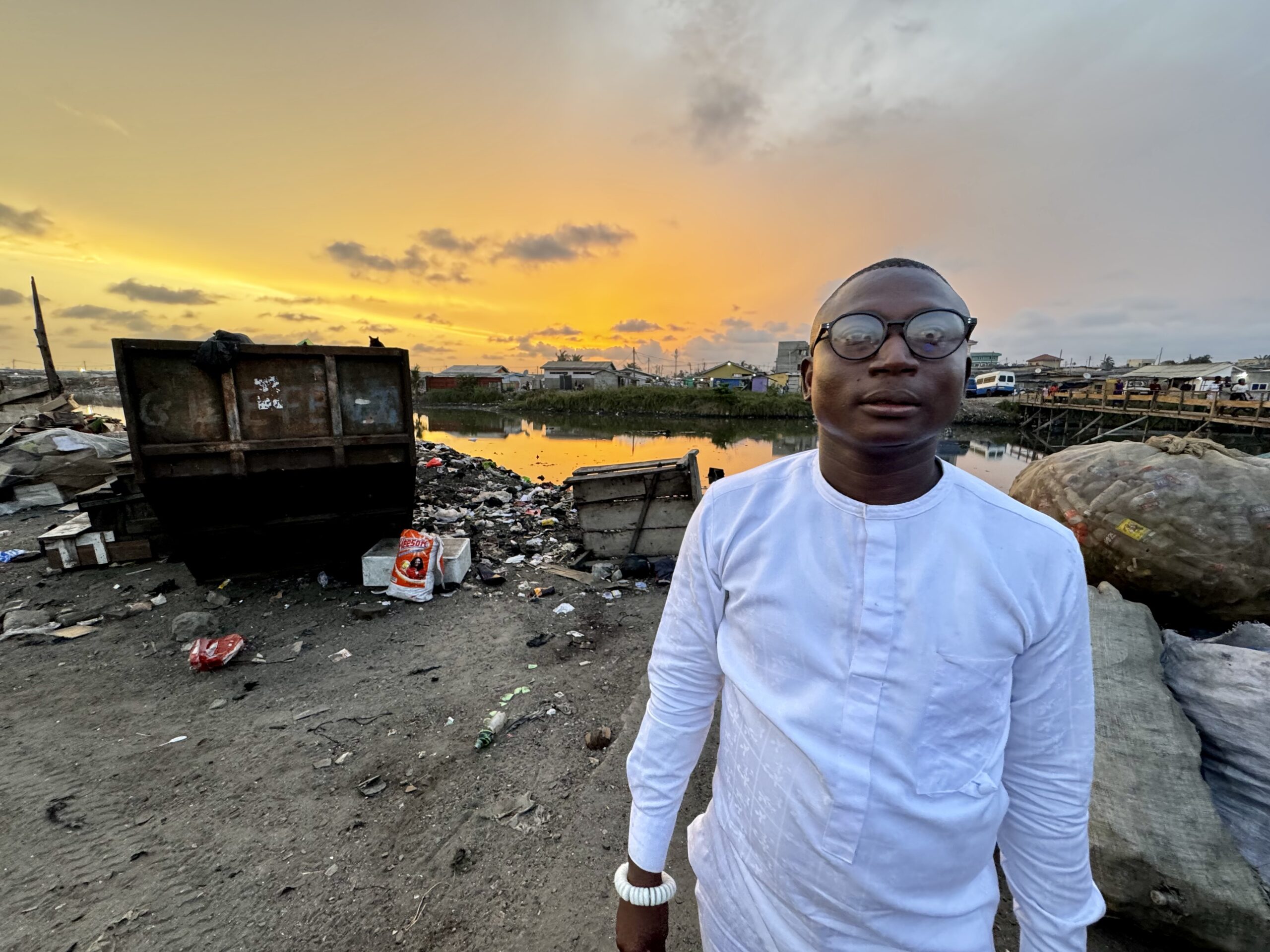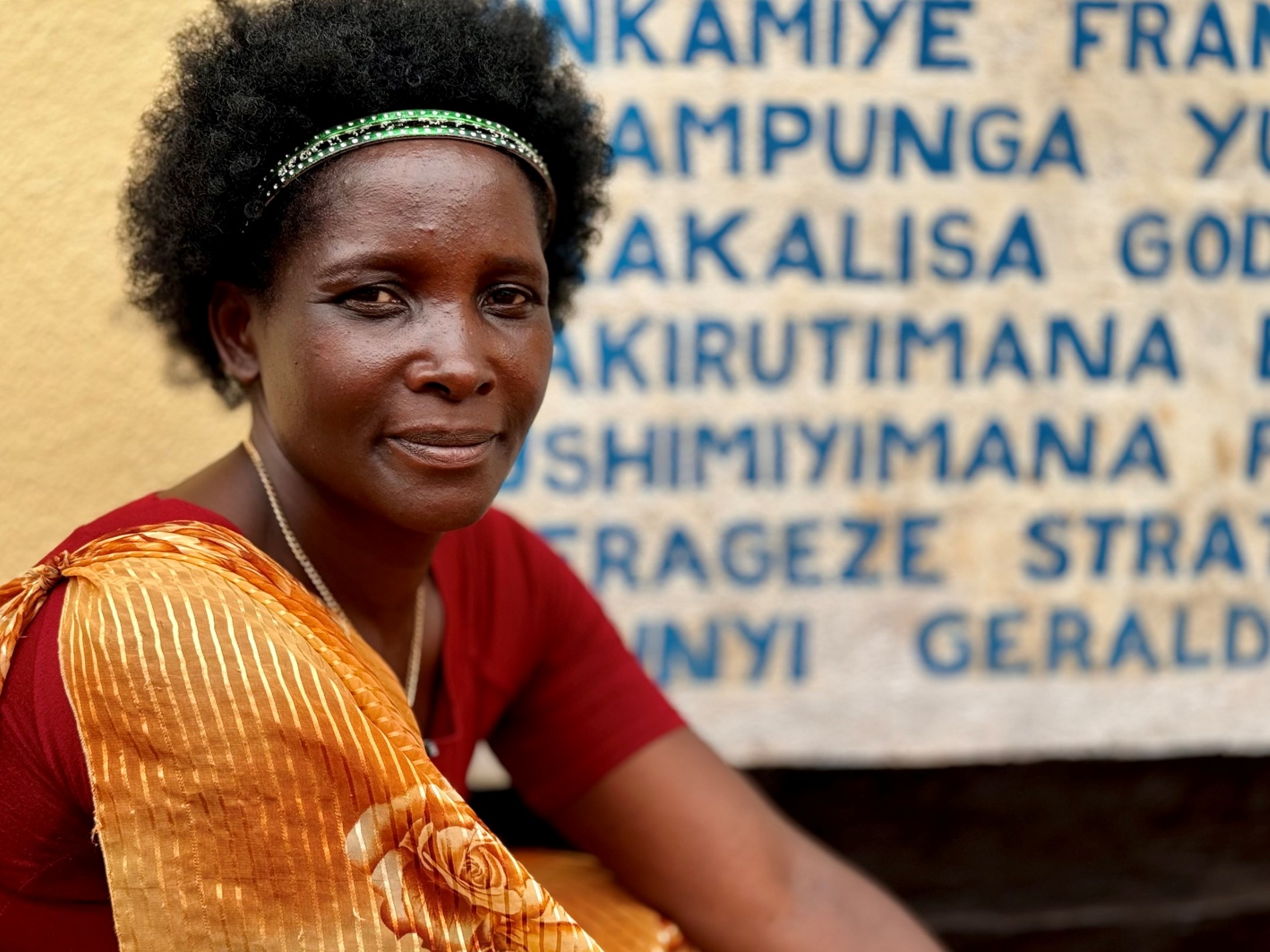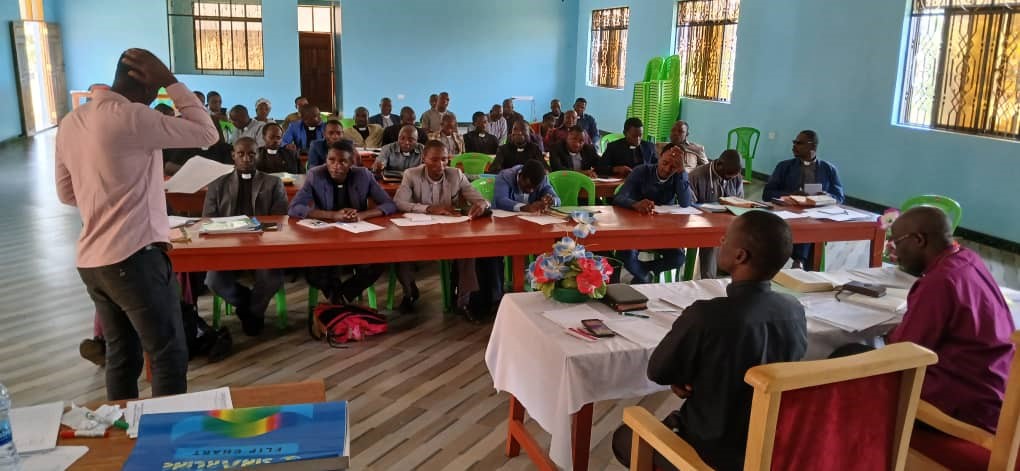“I didn’t want to see another mother needlessly die in childbirth” - Specioza Our organizing in Rwanda began in 2009 in the rural village of Mumeya, where mothers…
GHANA: Overcoming the challenges to development.
Photo: In the densely populated community of Chockor, Accra, people are pressing the government to remove garbage which is overwhelming their community.
Muslim and Christian leaders have an ambitious plan to bring grassroots organizing to hundreds of communities across Ghana. They’ve built multi faith alliances in ten of Ghana’s sixteen regions, and started 18 pilot community alliances.
Grassroots leaders listened to more the. 4,500 people and held community Durbar meetings to select their top priorities. Now they’re doing research and beginning to negotiate with local governments on issues ranging from reconstruction of homes and infrastructure damaged by a dam overflow to a technical senior high school to prepare youth for jobs.
Although rich in gold, oil and other minerals, Ghana allocates just five percent of its national revenue to local development, and even those resources often never make it to the communities with greatest need. One structural problem is that the President appoints all local and regional leaders, fueling patronage and corruption.
In rural Wiamoa, the government began constructing a public toilet facility for families without bathrooms eight years ago but never finished. In early November, grassroots leaders from Wiamoa traveled to Accra for one of two learning festivals to share what they are learning and get coaching and encouragement from their peers. From the bottom up they’re building the religious unity that makes democracy possible and beginning to transform Ghana.
Read more about the FAITH in Ghana Alliance on their website.



